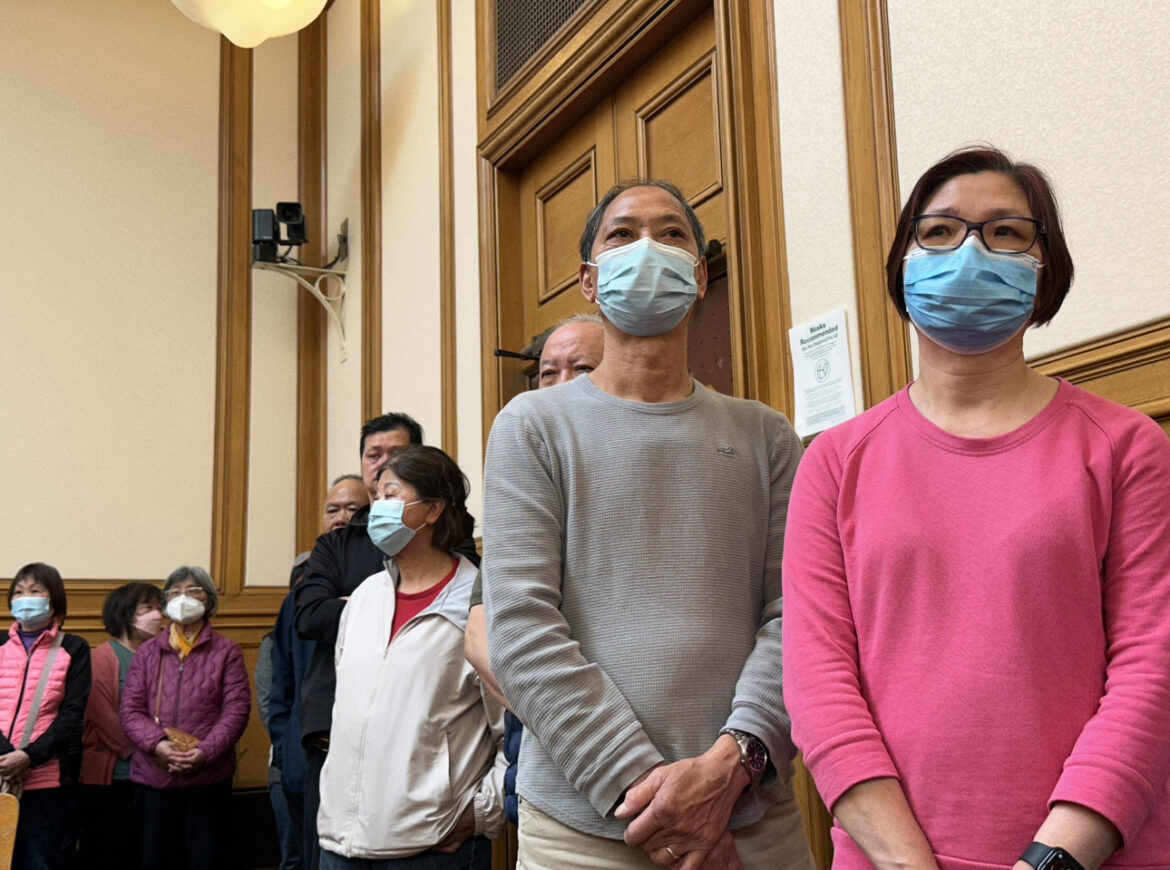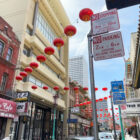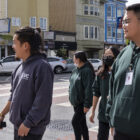A cannabis dispensary that features a smoking lounge and indoor grow area is coming to San Francisco’s Bayview neighborhood — despite objections from nearby residents.
“It will be on an alley that we pass through every day to go home,” said Amanda Li, whose family lives in an affordable housing complex across from the site. “It will definitely affect us.”
The dispensary will be on one of Bayview’s less developed streets, near low-income and senior housing. Over a dozen cannabis facilities already operate in the neighborhood, nearly all of which are used only to grow the plant. Many residents, especially Chinese Americans, have opposed the new facility, which will sell cannabis products, out of fear that it will encourage drug use and make the area less safe. Despite their objections, the city’s Planning Commission approved the project Thursday because it did not violate city laws.
[ Read also: “As Attacks on Asian Americans Regain Spotlight, SF Group Seeks to Soothe Community” ]
Construction of the 2,500-square-foot facility at 2330 Lane St. is projected to begin by the end of 2024, though the project has yet to obtain building permits. Doors could open to customers about a year later.
Mubasher Choudhery, a Bayview native and owner of the site and forthcoming dispensary, proposed the project as a participant in the San Francisco Office of Cannabis’ equity program. The program is designed to help groups disproportionately affected by the War on Drugs of the 1980s enter the cannabis industry.
Choudhery said his vision is for people to come to the store not only to buy cannabis products, but also to consume it and see how it is grown.
San Francisco and California have legalized the production and consumption of cannabis, but the federal government has not. Many first-generation Chinese Americans, especially seniors, still see it as similar to harsher drugs like opium, which the British exported to China during the period of its invasion.
“The stigma behind cannabis is what we’re fighting against,” said Choudhery, a third-generation immigrant of Southeast Asian descent.
More than 30 people attended the Thursday hearing that was triggered by an official request by Josephine Zhao, a community leader who previously ran for the city’s public school board, on behalf of residents who spoke limited English.
One-by-one, people took the microphone to express their concerns. They said they were troubled that teenagers were already smoking in the neighborhood’s streets and parking lots, and feared that the dispensary would entice more to try cannabis and become addicted to it. They said that people high on the drug could not control their behavior, which worried them in light of recent high-profile instances of anti-Asian violence.
“Many people here have a lot of concerns,” Zhao told the commission. “You may say that they are uneducated about marijuana, but that’s their life experience.”
The residents objected to yet another cannabis facility in an area that already had so many. As they had organized to oppose Choudhery’s project, they said, they found out about two other proposed facilities near their homes, both of which would only be for growing cannabis.
The Bayview is one of few areas in San Francisco where much of the land can host light industrial and manufacturing facilities, including those in the cannabis industry. The facilities are cheek-to-jowl with diverse, low-income communities.
“We expect this is going to be an issue moving forward,” said Dyanna Volek, who came to the hearing as a neighbor and member of the Bayview Hunters Point Citizen Advisory Committee, a volunteer group that advises city government on land-use and other neighborhood issues.
After they approved Choudhery’s project, the Planning Commission suggested that he remain in contact with the neighborhood advisory committee to field concerns they might have in the future.










